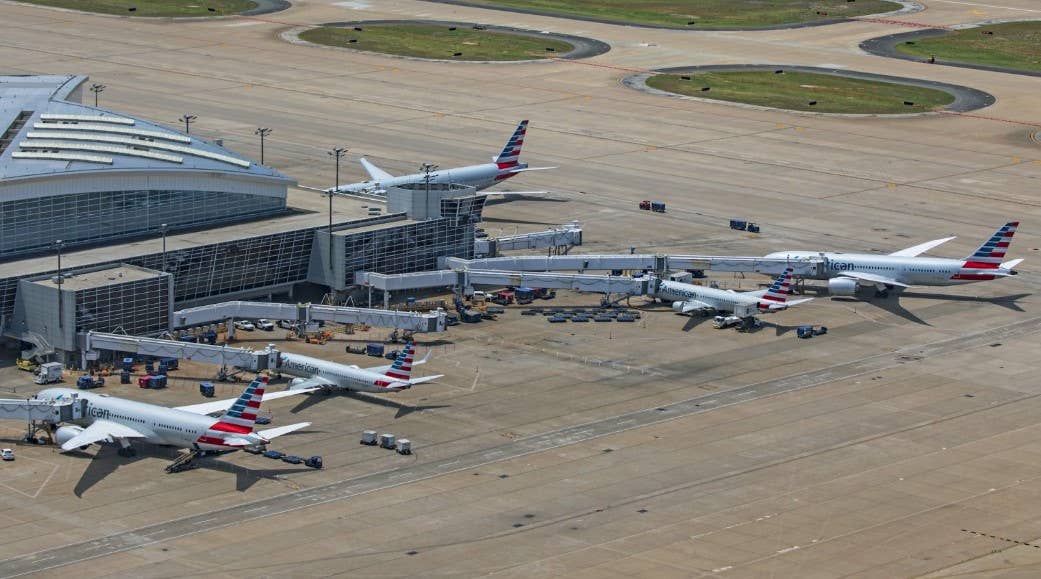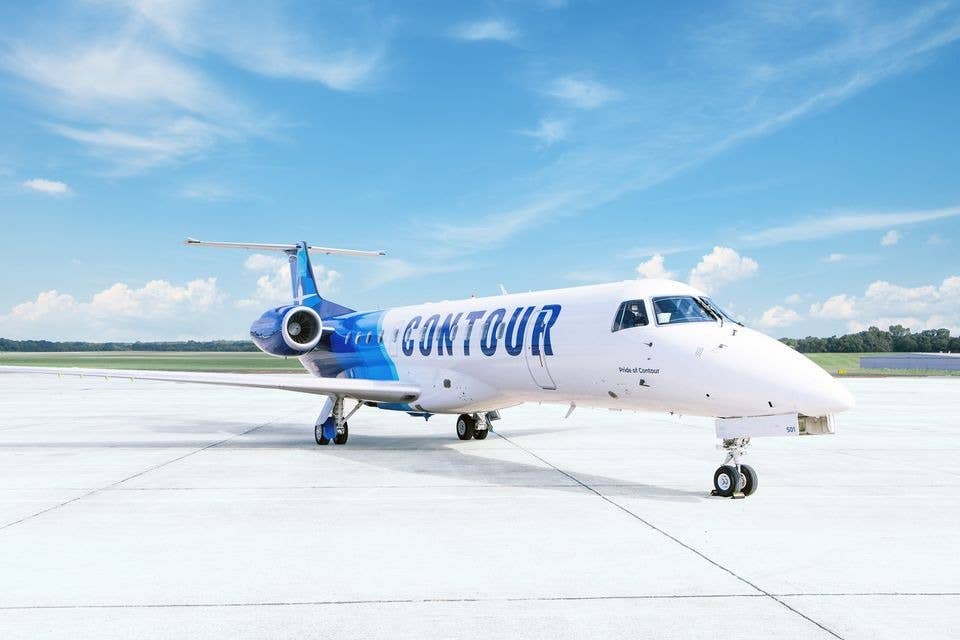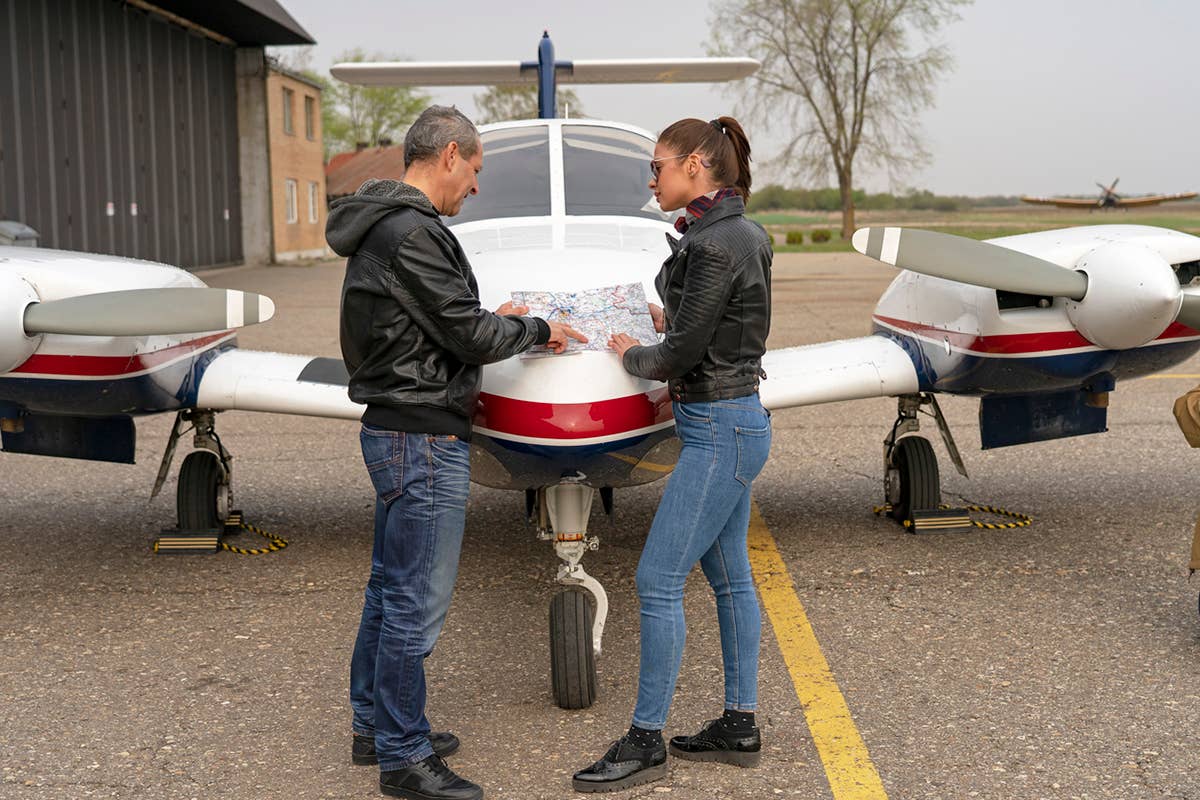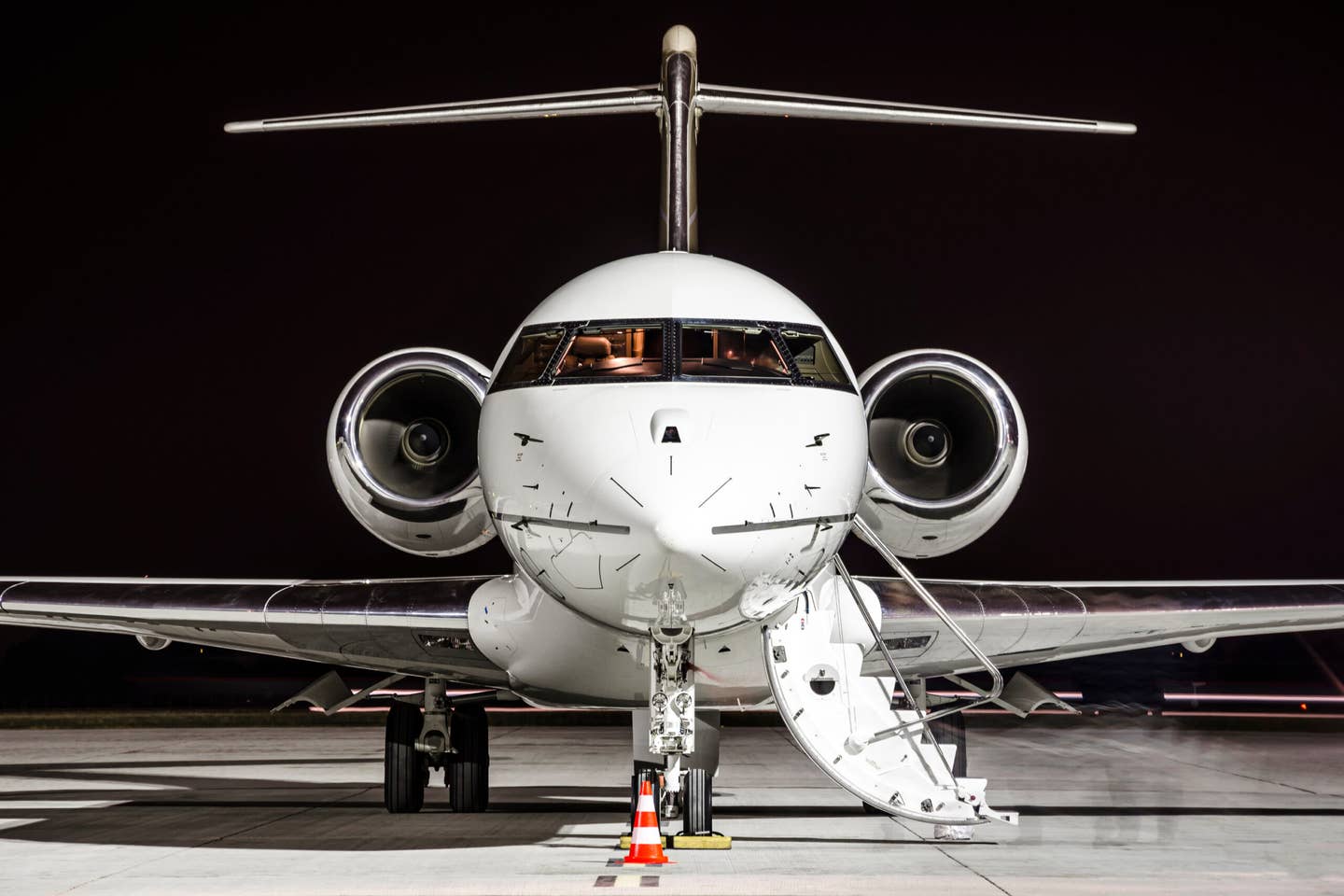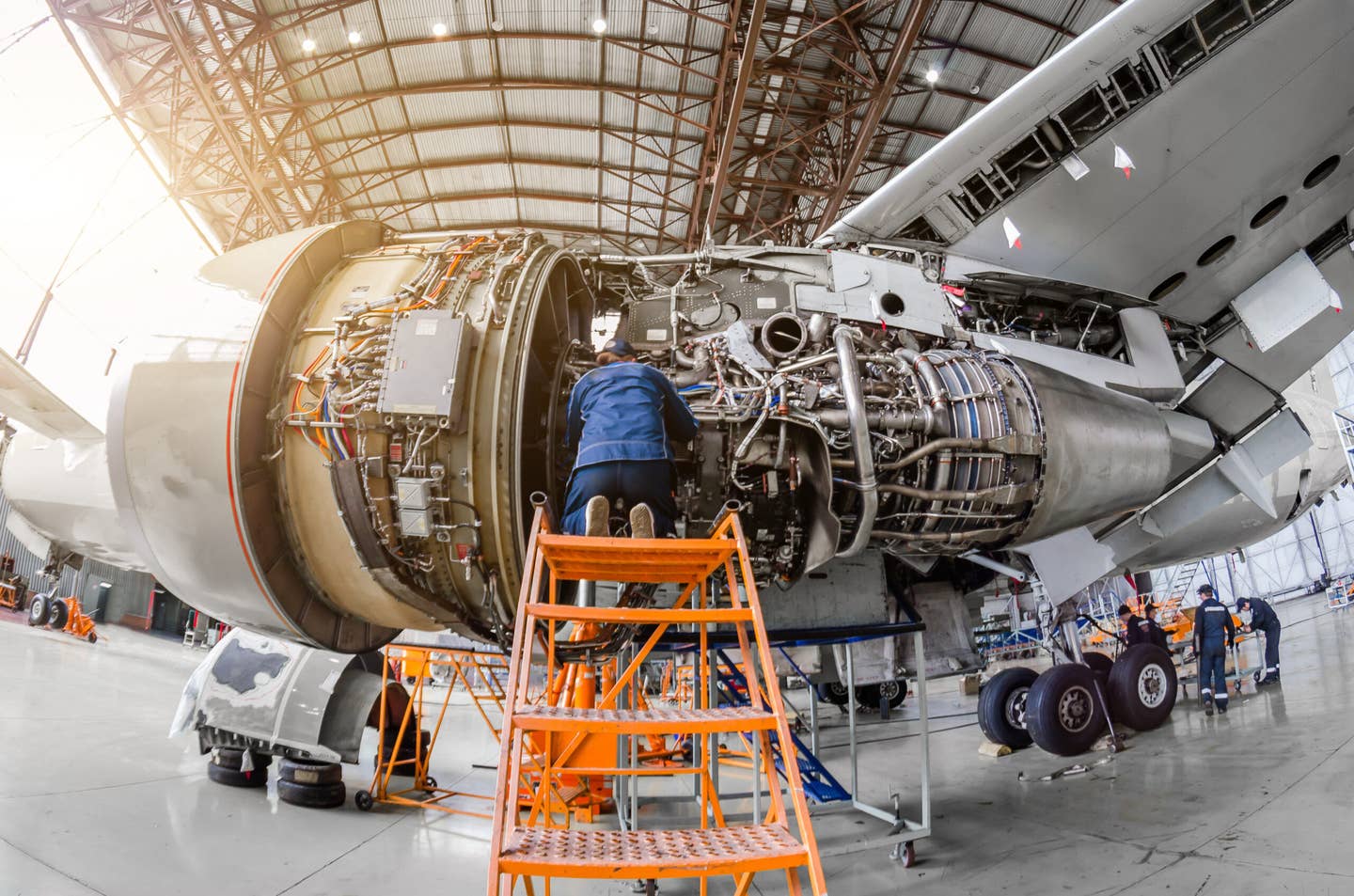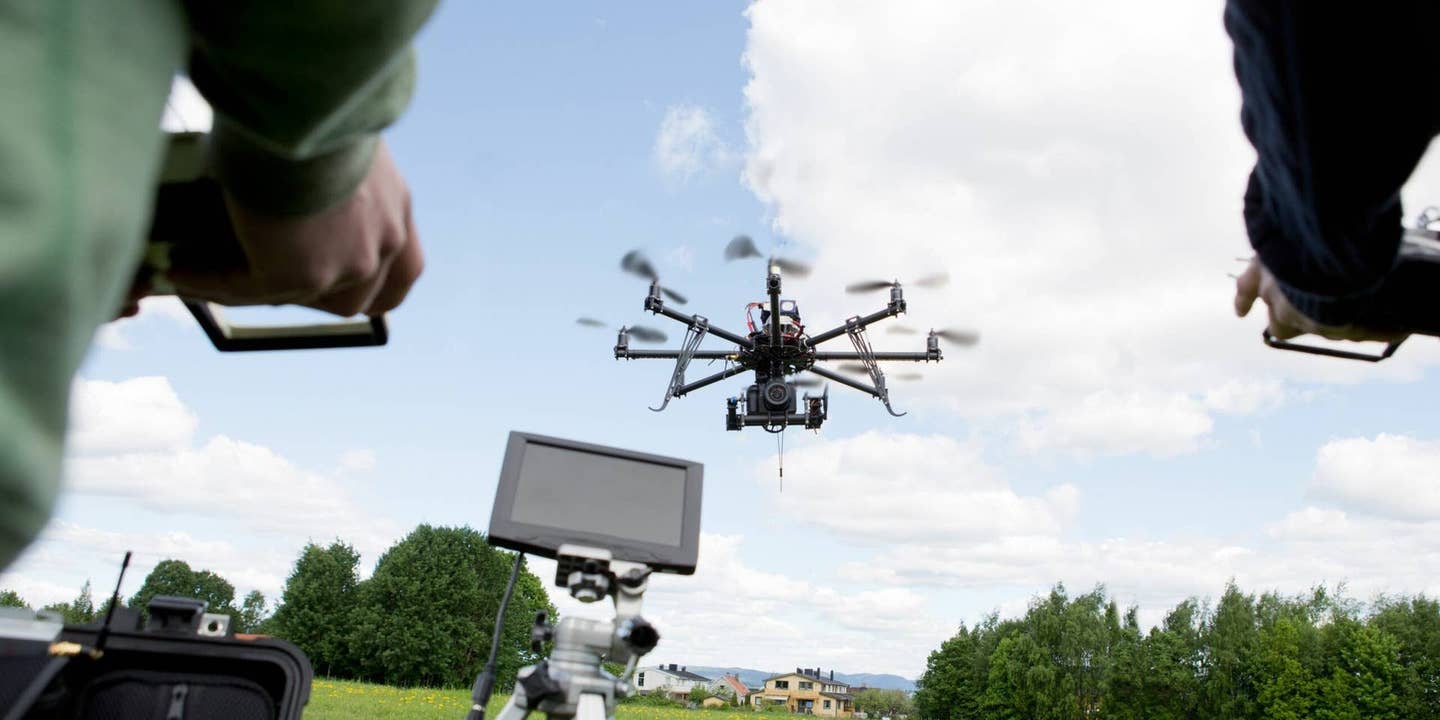Private to Professional Pilot: The Value of Volunteering
Volunteering helps pilots better understand their role in the skies.
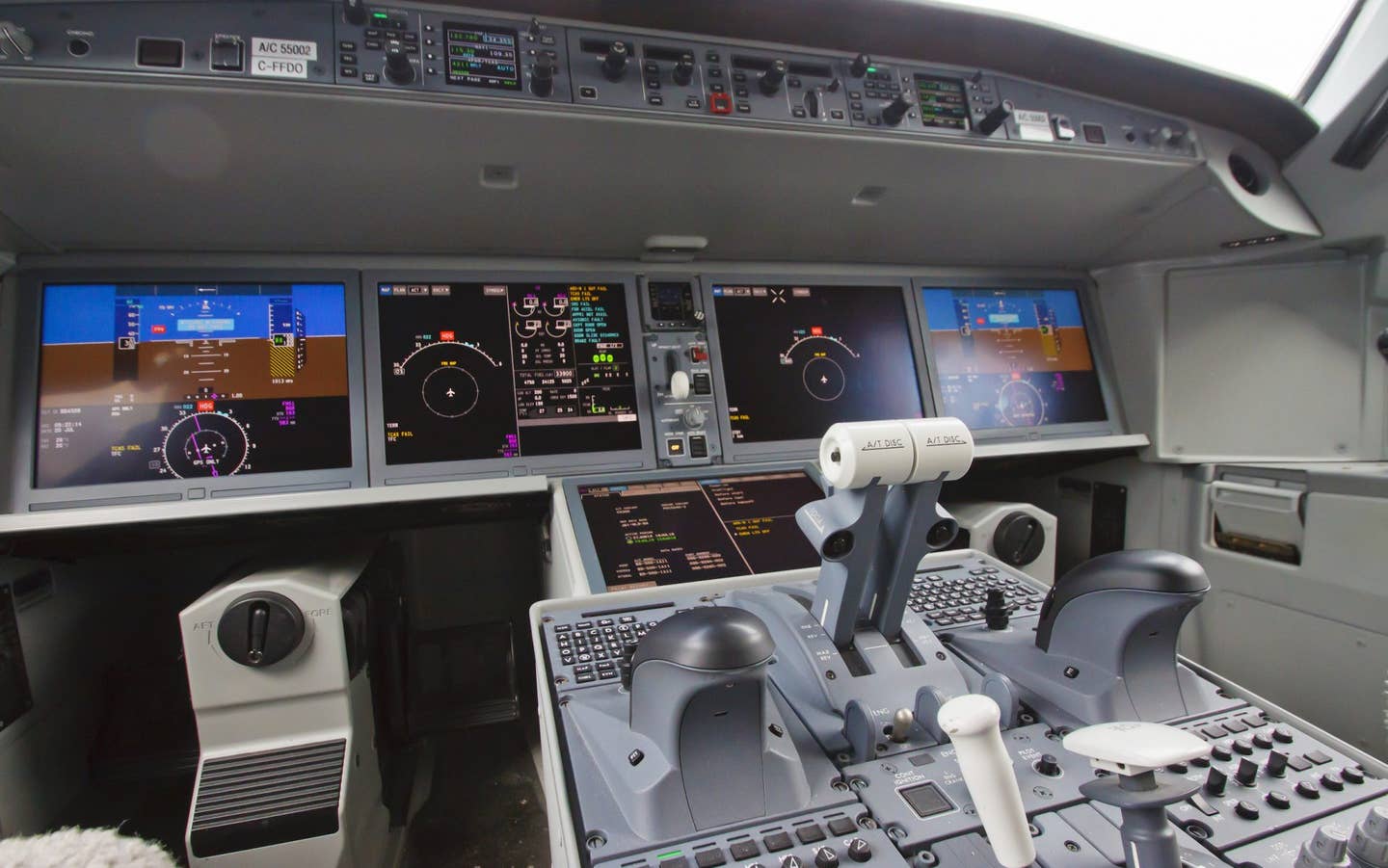
Inside the cockpit of an Airbus A220. [Courtesy: AirlineGeeks | Fabian Behr]
Aviation is defined by communities. It is impossible to become a pilot, spotter, or enthusiast without finding some sort of community. Whether it be an EAA chapter, a spotting group, a flying club, or even just an online thread, it seems that every member of the aviation community has found their own personal community to share their experiences and passions with.
These communities are what make aviation truly enjoyable and are what bring people together. Ultimately, aviation is a small world where everyone, to some degree, seems to know everyone else.
Continually furthering the aviation community is an important part of growing as one who cares to make the industry more caring and welcoming. Beyond pure enjoyment, maintaining a healthy community helps pilots in particular maintain a strong sense of responsibility and accountability in their flying. Connecting with others is a great way to see other perspectives and continue growing as a pilot.
Volunteering takes these connections to another level. Not only can you meet and bond with other like-minded people, but you can learn a new level of respect and admiration for aviation, its community, and the people you know in the industry. As pilots learn more about others around them on the ground, it becomes easier to navigate the air in a cohesive, respectful manner.
The importance of volunteering is not lost on professional aviation companies. Airlines, for example, often like to hire pilots with volunteer experience. Whether in the aviation world—such as flying Young Eagles interested in learning to be pilots—or not, volunteer experience demonstrates a high level of professionalism, a desire to understand others, and an ability to push your comfort zone in new situations.
Volunteer experience can be beneficial even for people interested in flying only for personal or recreational purposes. The scope of the volunteering need not be large. Rather, small day-to-day actions can be just as beneficial. Things such as preparing donation drives, organizing special interest groups, or hosting fundraisers can foster a sense of community and growth that impacts your decision-making and thoughtfulness as a pilot.
Volunteering would not be so important for professional pilots—not just those who want to get hired but those who have been flying for decades—if it did not have a material impact on how said professional pilots work together, as well as with their larger crews and within the air traffic system. Companies from small flight schools to the world’s largest airlines all agree on the instrumental value of giving back, whether it be on a small personal level or a larger communal level.
No two pilots, of course, are the same. Recognizing your strengths and talents is important for identifying the best opportunities for further growth. However, it is still the case that assisting others in the best way possible can be a major benefit for pilots of all levels and skills in furthering their own love of aviation and their commitment to excellence in the air.
Editor’s Note: This article first appeared on AirlineGeeks.com.

Subscribe to Our Newsletter
Get the latest FLYING stories delivered directly to your inbox

